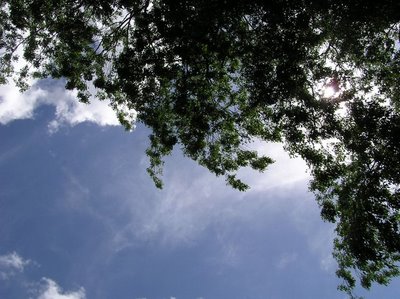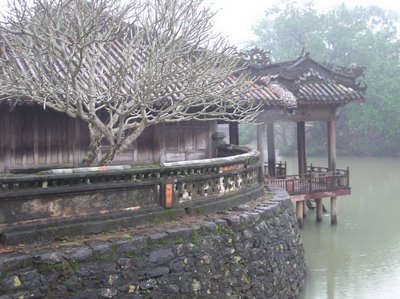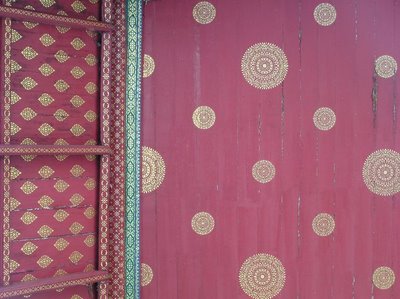This story is not mine.
While traveling my sisters and I spoke with a young man, working as a bell boy at one of the many 4 star hotels we stayed in. We fascinated the local Vietnamese who worked at the hotel. They had never before had guests who were of Vietnamese origin and were curious about us. I happily conversed with whoever asked me a question.
This young man called me “Miss Oanh” and I found it at once deferential and amusing, and inappropriate and startling. I had not asked anyone their background, beyond asking whether their family lived locally and the usual Vietnamese questions of how old, married yet, kids yet. I did not know how to go about discussing their lives, especially in light of how I must appear to them: same same but so very different.
This story jolted me. I was reading at the time, waiting for bby. There was slow, light rain and I had meandered around taking photographs of lotuses as my sisters chatted to each other and eventually to this young man. I listened to his story but did not close my book. I found myself unable to look at him.
I am ashamed to say that I have forgotten his name. Let’s call him Binh.
****
When Binh was young, his family lived near Hoi An. Hoi An was Viet Nam’s first coastal port town. It was soon overtaken in importance by nearby Da Nang and became a quainter, quieter version of its bustling and brash sister. The beaches of Hoi An are reputed to be very beautiful, unmarred by war like distant China Beach or Vung Tau.
In 1983, Binh was 8 years old. I can see him as a child – his face is one of those that do not look like they changed much from childhood. He has a lightness about him, an openness. On a day in 1983, Binh was playing on one of Hoi An’s beautiful beaches that open out to the great blue-grey ocean. It cannot have been particularly late in the day, but Binh cannot remember what time of day it was, or where the rest of his family were.
Binh plays and, like children everywhere, he is easily distracted. He pauses to watch a random collection of people in quiet chaos climb aboard a boat. He may have seen some of these people before – with his mum at the market or in the street. Some may be his neighbours. Binh is young, he does not really know what they are doing. It is a strange thing: the sobriety with which so many people – men, women, children – undertake this business of boarding a boat. Some of the children cry or struggle, as young children will, but the adults are oddly quiet.
Binh watches for a long time. It seems as if whole families get on the ship, and it seems as if it will never end. He comes closer because he is an intelligently curious child, and continues to watch. A few men approach him but he is too busy watching the families, the other children his age, to notice. It is not until the men are almost upon him that he sees them. They are determined, unfriendly. Inchoately realising their intent, Binh turns to run, struggling away from their snatching arms.
But Binh is 8 years old. He is neither strong nor fast, and he does not evade the men. They bundle him up, struggling, onto the boat.
For uncountable days and nights, Binh sits fearfully in the dark, with other children and women. He does not speak, is profoundly confused. Mothers try to draw him out, but most are too caught up in the web of their own lives and their own frightened children. Binh does not know where he is going or with whom.
Things happen on the boat. There are moments of noise and chaos, followed by silence. All of it is meaningless to Binh.
One day, he is taken out of the boat - pushed and shoved forward. When he looks about him, he stumbles. There is little he can see other than the bodies of people – people who have become familiar but are still unknown to him. People who look like him shout out, pull him forwards, push him backwards. He does not understand them.
Binh ends up in Hong Kong. He lives in a detention centre for 6 years, alone, with other lonely boys. Some of them were on the boat with him. Some of them were not. He is educated in the detention centre and learns a little of the language.
Binh makes friends in the centre but new people arrive and other people go. The numbers dwindle; it is not uneventful living in a detention centre: there is a desperate kind of community there but not one that lasts.
When Binh is 14, he is taken aboard another boat, larger than the one that he remembers when he was 8. He fills out a form about who he is and where he came from. Binh is deported. Back to Viet Nam. Back to Hoi An.
In Hoi An, Binh cannot find his family; to them, he is long dead.
****
Binh has made a life for himself. I do not know and cannot imagine what the years between when he was 14 and now must have been like for him. I wish I could say that his is an unusual story but it is not. So many young people were kidnapped because they were in the wrong place at the wrong time. So many became reluctant refugees.





